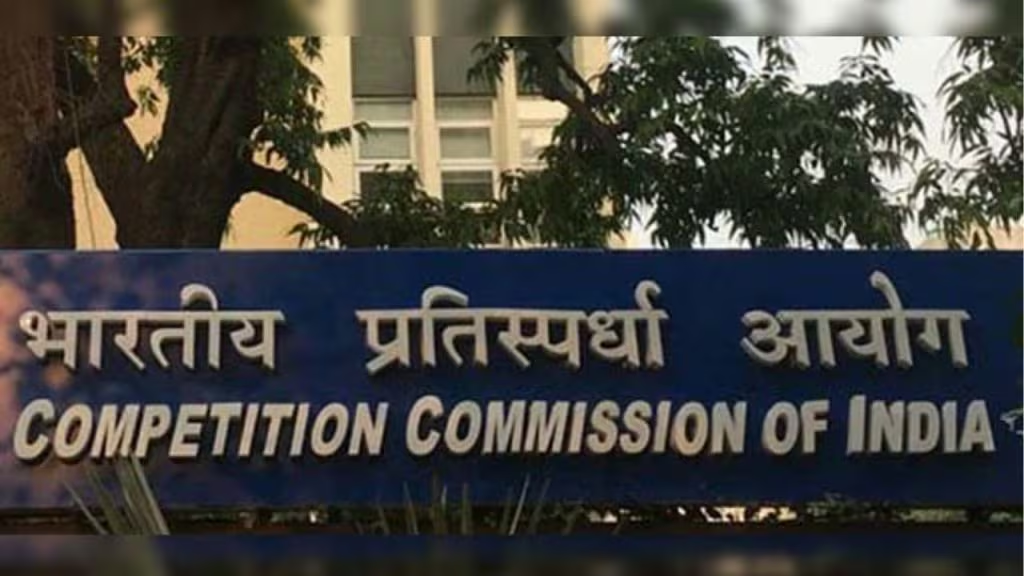~ Authored by Niharika Palep
International Center for Law & Economics
A nonprofit, nonpartisan research centre working with a roster of more than fifty academic affiliates and research centres from around the globe.
- Not So Fast
India should carefully consider why it needs strict ex-ante rules for digital markets, as these rules can capture procompetitive conduct and impose high costs for administrative expediency. Unlike proven harmful practices, there is no consensus that the behaviours targeted by the Digital Competition Act (DCA) are generally anticompetitive.
- The Costs of Ignoring Cost-Benefit Analysis
India must evaluate the DCA’s costs and benefits, as it seems more focused on aiding rivals than benefiting consumers. Ignoring consumer welfare can lead to rent-seeking by competitors and unnecessary regulatory burdens that harm innovation and consumer interests.
- India is not Europe
India’s digital market conditions and needs differ from those of the EU, making the DMA an inappropriate model. A DMA-like approach could stifle domestic innovation, deter investment, and hinder the growth of Indian digital platforms, harming both competition and consumer welfare.
- Conclusion
India should not blindly adopt the DMA but rather critically assess its suitability and potential impact. Instead of following EU regulations without question, India must ensure that any digital competition law aligns with its own interests, promotes innovation, and benefits consumers.
The Computer & Communications Industry Association (CCIA)
a trade association representing communications and technology firms
The Changing Landscape of the “Digital Markets”
The CCIA argues that the distinction between digital and physical businesses is blurring as both sectors increasingly adopt digital tools, making separate regulations for digital companies potentially inconsistent and unfair. They caution that heavy-handed regulations could stifle innovation and growth, advocating for principle-based, general regulations that consider interconnected policy areas.
Analyse the Costs and Benefits Before Implementing Any New Regulation
The CCAI emphasises the need for stakeholder engagement and careful consideration of costs versus benefits before implementing new regulations in the dynamic digital market. They stress that the primary goal should be to foster competition and innovation, aligning with international guidelines to avoid stifling legitimate business practices.
Balance Competition and Regulation in Digital Markets
CCAI argues that regulations should only address specific market failures rather than mere market power, warning that broad regulatory regimes could deter investment and innovation. They suggest that India’s existing ex-post regulatory framework may be sufficient, advocating for its flexibility over rigid ex-ante regulations.
Be Cautious in Relying on Untested International Regulatory Experiments
The CCAI advises India to observe and learn from the experiences of other jurisdictions with ex-ante digital regulations, like the EU’s DMA, before implementing similar frameworks. They recommend allowing time for international regulations to demonstrate their effectiveness and caution against hastily adopting untested measures.
Consider the Potential Impact of Ex-Ante Digital Regulation on the Indian Economy
CCAI warns that ex-ante regulations could impose significant compliance costs, hinder innovation, and negatively impact job creation, particularly in technology and e-commerce sectors. They argue that over-enforcement and regulatory uncertainty could deter investment, especially in India’s startup ecosystem and broader business environment.
The Bill’s Low Designation Thresholds Would Create Higher Barriers to Entry and Hinder Competition
CCAI contends that the Digital Competition Bill’s current thresholds for designating companies as Systemically Significant Digital Enterprises (SSDEs) are too low, potentially affecting many businesses and raising compliance burdens. They recommend revising these thresholds and clarifying the SSDE designation to better reflect India’s market realities and avoid stifling competition and innovation.
Internet Freedom Foundation
An Indian digital rights organisation that advances liberty, equality, fraternity and social justice in the digital age.
IFF’s submission to the MCA on the DCB, 2024
Request for Extension and Submission Methods
In a letter dated March 21, 2024, we requested the MCA to extend the comment period to allow stakeholders to understand the draft bill’s implications on consumer interest. While several stakeholders requested a five-month extension, the MCA extended the deadline to May 15, 2024, and allowed email submissions alongside the e-consultation portal.
Friction in the Consultation Process
Our letter highlighted issues with the E-Consultation portal, such as mandatory registration and sharing of personal information, which creates barriers for some users. We also expressed concerns about the lack of transparency, as the MCA does not plan to make the received comments public.
Inadequacies of the Digital Personal Data Protection Act, 2023
The DPDPA, 2023 has shortcomings, including a flawed opt-out consent framework and inadequate protection against data scraping. We recommend the DCB, 2024 ensure meaningful consent mechanisms and prohibit deceptive practices like dark patterns.
Potential Regulatory Overlap with Existing and Upcoming Legislation
The DCB, 2024 may overlap with other regulations like the forthcoming Digital India Bill, potentially causing regulatory uncertainty. We suggest the MCA consider delaying the implementation of the DCB, 2024 to align with existing and upcoming legislation, avoiding redundancy and confusion.
Broad Comments on the Regulatory Approach Proposed Under the Draft DCB, 2024
The ex-ante regulation approach of the DCB, 2024 may face challenges due to the CCI’s current capacity and expertise limitations. We recommend the MCA consider additional deterrents or incentives beyond monetary penalties to ensure compliance and effectively address anti-competitive practices.
Access Now
An international non-profit organisation which works to defend and extend the digital rights of users at risk globally
Data Portability and the Rights of Users
We support the obligation for Systemically Significant Data Enterprises (SSDEs) to ensure data portability, allowing users to move their data easily between platforms. This promotes user control over data, enhances platform accountability, and encourages interoperability, which is crucial for fair competition.
Interaction with the Digital Personal Data Protection Act, 2023
While the draft Bill complements the Digital Personal Data Protection Act (DPDPA), the lack of a data portability right in the DPDPA undermines competitive goals. Amending the DPDPA to include data portability would enhance interoperability and support the draft Bill’s objectives.
Comments on the Procedure to Designate an SSDE
Clause 4’s designation process for SSDEs is commendable for its inclusion of self-reporting and Commission-initiated procedures. We recommend that the Commission also invite public comments and consider inputs from stakeholders, experts, and civil society to ensure a comprehensive evaluation.
Comments on the Framing of Regulations to Lay Down Obligations of SSDEs
We appreciate the draft Bill’s emphasis on expert assistance and transparency in regulation-making. To further enhance transparency, we suggest publishing received comments, except where anonymity is requested, and justifying emergency regulations to ensure public trust and clarity.
The Centre for Internet & Society
A non-profit organisation that undertakes interdisciplinary research on internet and digital technologies from policy and academic perspectives.
Transition to Ex-Ante Approach:
- Support for the shift from ex-post to ex-ante regulation, noting its efficiency in digital markets.
- Emphasises international consistency and cooperation in competition regulation.
- Highlights principles-based approach as a strength, allowing sector-specific adaptations.
Evidence-Based Obligations:
- Agrees with the reliance on Anti-Competitive Practices (ACPs) for defining obligations.
- Cites recent CCI cases uncovering harms from practices like ‘tying and bundling’ and ‘anti-steering’.
- Advocates for inclusion of both price and non-price competition parameters.
Regulatory Capacity Enhancement:
- Stresses the need to strengthen the CCI, DMDU, and DG’s office to avoid underenforcement and overenforcement.
- Compares CCI’s current staffing levels unfavorably with global counterparts.
- Recommends frequent, high-quality recruitment and interdisciplinary coordination.
Technical Expertise and Recruitment:
- Emphasizes the need for CCI to hire technologists, software and hardware engineers, product managers, UX designers, data scientists, and other technical experts.
- Suggests creating a diverse skill set within the proposed DMDU to handle enforcement and keep up with technological developments.
Specific Clause Comments:
- Detailed feedback is provided on the following categories:
- Classification of Core Digital Services
- Designation of SSDE and ADE
- Obligations on SSDEs and ADEs
- Powers of the Commission to Conduct an Inquiry
- Penalties and Appeals
- Powers of the Central Government
Identified Gaps: Points out three critical gaps in the draft DCB
- Limited representation from workers’ groups and MSMEs.
- Exclusion of merger and acquisition (M&A) discussions.
- Lack of a formalised framework for inter-regulatory coordination.



